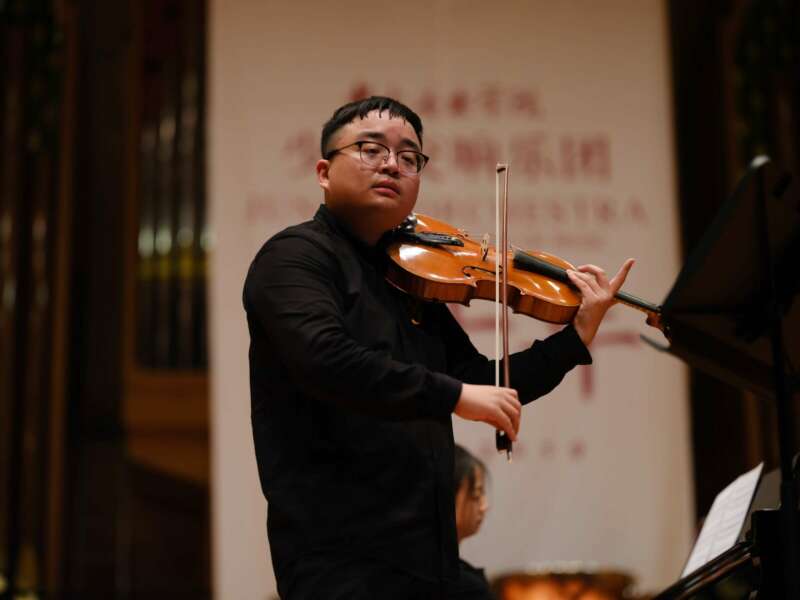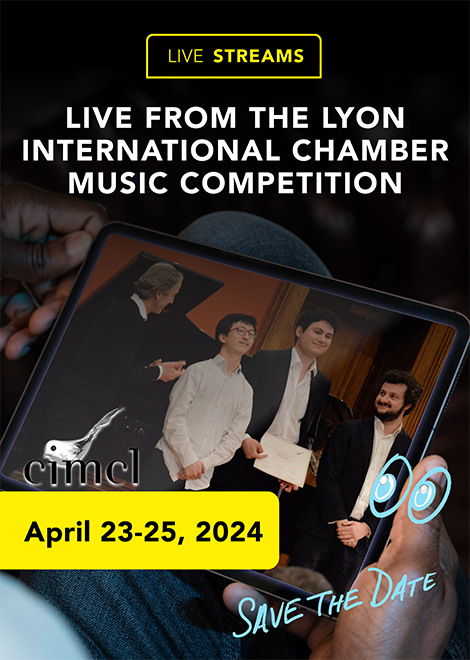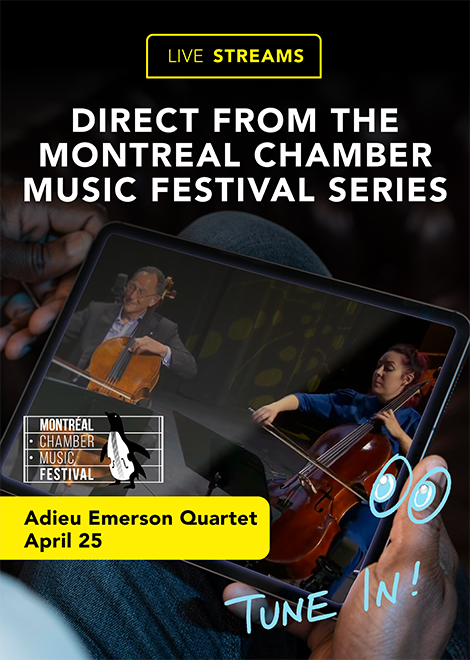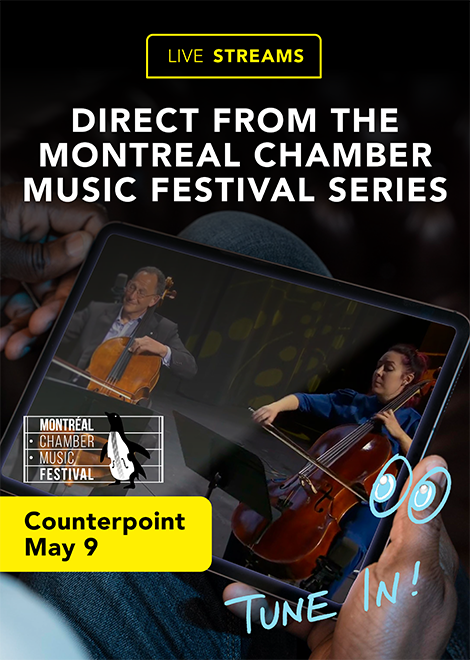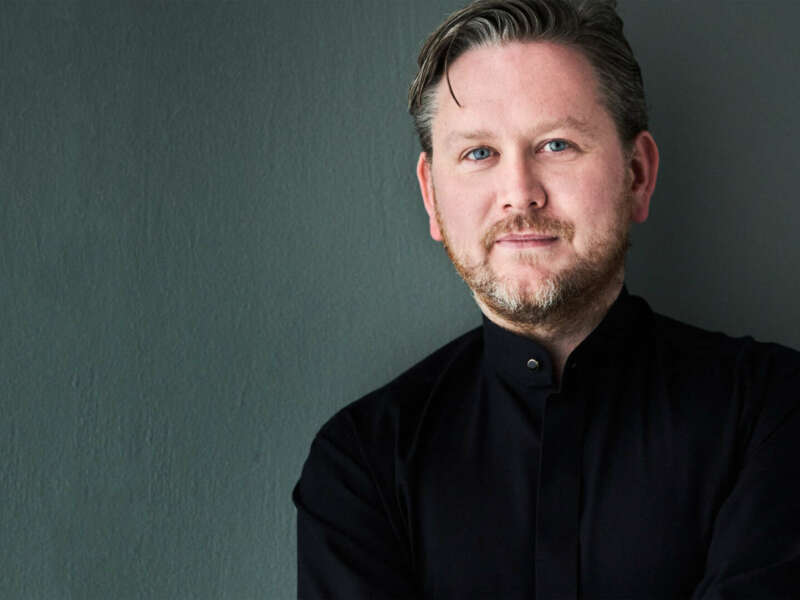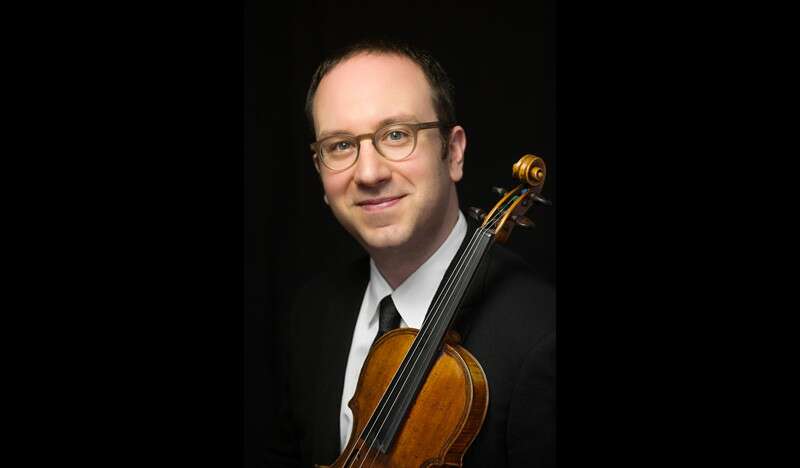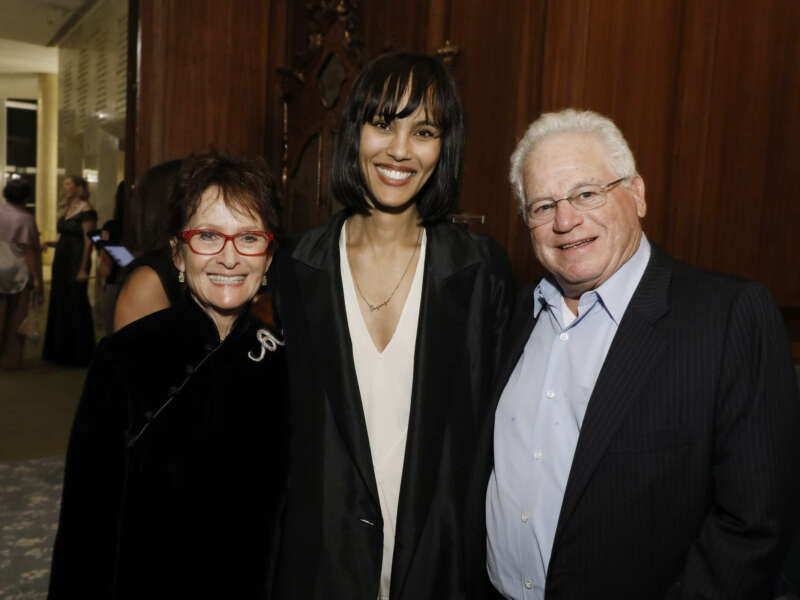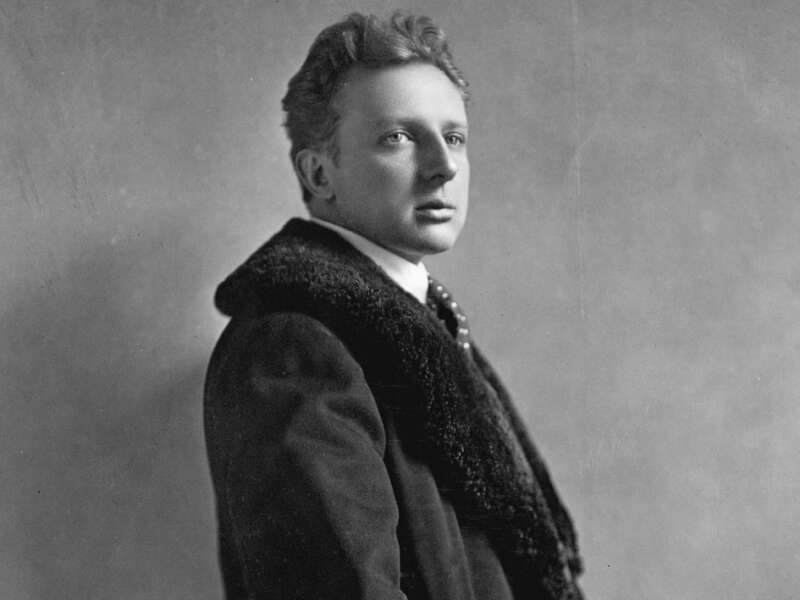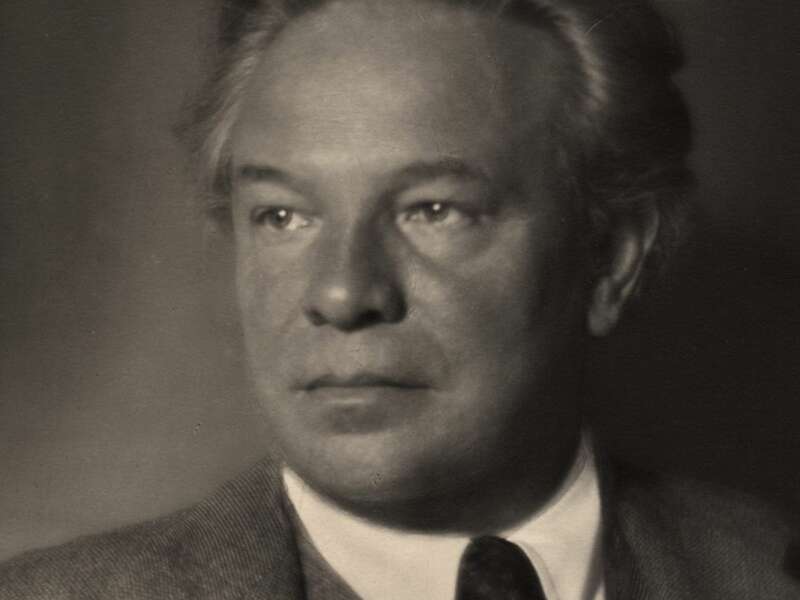Violist Daniel Panner Shares the Scales and Etudes to Develop Good Technique
"What violin and viola scales, exercises, and etude books do you recommend for a rock-solid left and right hand?" We threw the question over to violist Daniel Panner to seek his advice.
As musicians, we all have had to go through the dreaded hours of scales, etudes, and exercises during our formative years. Even then, many of us still return to these pieces years later to re-study them. In order to have a great left and right hand foundation, what scales, etudes, or exercises should we study? VC reader Jeremy was keen to know.
What are some of your favorite etudes to study? What specific technique do you think these studies are targeting? Please leave a comment below, we are keen to know your thoughts.

Violist Daniel Panner Shares Scales, Exercises, and Etudes to Develop one's technique
Dear Jeremy,
Generally, violinists and violists learn etudes in order of increasing technical difficulty, moving from Mazas, to Kreutzer, to Rode to Dont. These are supplemented by a diet of scales and double stops using a scale book like Carl Flesch or Ivan Galamian.
However, that progression is not carved in stone – some people might benefit from adding other studies in order to shore up particular skills; then again, others might not need to work on every etude in each volume in order. It really depends on the individual player’s needs and experience.
There is one thing to remember: practice etudes with your head, not just your hands. And the truth is, HOW you practice matters much more than WHAT you practice.
The word “etude” literally means “study,” not “exercise.” If you treat practicing an etude like a trip to the gym, you will gain much less – or possibly even lose ground! If you run a certain distance in a certain time, or lift a certain amount of weight a certain number of times, your body will benefit, no matter what is going through your mind when you do it. The same is not at all true of an etude.
Every etude is written either with very specific goals in mind, or to allow the pursuit of several different goals of the player’s choosing. If you simply play through an etude attempting to “get through it,” you may not derive the benefit it was written to deliver – or you could even teach yourself bad habits that become difficult to break.
Instead, try using etudes in one of two ways: 1) Figure out what lessons the etude was designed to teach, or 2) Select an etude to help yourself strengthen a particular aspect of your playing.
METHOD 1: FIGURE OUT WHAT THE ETUDE IS DESIGNED TO TEACH
As an illustration, consider Kreutzer #12. It is tempting to try to “muscle” through the chain of arpeggios, lunging for the top note. But this is a way to build in bad intonation and inefficient shifting habits (and possibly hurt your hand stretching incorrectly). Instead, before you pick up your instrument, look at the way the etude is constructed. Notice that it is made up of two-measure groupings of the same harmony. What was Rodolphe Kreutzer (who must have been absolutely brilliant, by the way) trying to help us learn? The list is long: he is helping us train our ears, so that we learn to match pitches through the different registers of the instrument – a crucial step in developing good intonation. He is helping us train our hands to measure from one note to the next, learning to think of notes in relation to each other as part of a web of harmony, rather than as isolated points on the string. He is training us to hone the mechanism of lifting and dropping the fingers so that they are prepared efficiently and comfortably on time. He is training us to stretch the fingers from the base joints in order to reach the top notes in relation to the notes before. He is training us to time shifts so that they are quick, light, and coordinated with the bow. And this is only considering some of the left-hand skills – there are also questions of the bow stroke, string crossings, and the general coordination between the hands.
METHOD 2: CHOOSE AN ETUDE THAT SERVES YOUR PURPOSE
You can also select an etude in order to strengthen a particular aspect of your playing or to help work on a difficult passage in a piece you are working on. For example, a player who wants to develop a clean sautille stroke that is well-coordinated between left and right hands could practice Kreutzer #8 (even if the player has worked on that etude before – returning to etudes is often extremely valuable). Almost any aspect of playing - from shifts to bow changes to clarifying the voice-leading in a fugue - can be developed using a well-chosen etude.
Ultimately, you will gain much more if you treat an etude like a solo piece, rather than an exercise. The only reason to develop a technical skill in the first place is to help you express a musical purpose. If you learn a skill while playing without expression, you will often find that technical skill fails you when you try to employ it in a moment of musical excitement. When you practice an etude, pretend you are performing it on a concert stage, and invest it with the same purpose you would devote to any piece you perform.
–Daniel
Do you have a burning question for one of the Pros? Simply email: [email protected]
Daniel Panner enjoys a varied career as a performer and teacher. As violist of the Mendelssohn String Quartet, he concertized throughout the United States and Israel. He is co-chair of the string department of Mannes, where he also teaches viola and chamber music. He has also taught at Juilliard, SUNY Stonybrook, Queens College, and the Jerusalem Music Center. He has performed with the Chamber Music Society of Lincoln Center, the Metropolitan Opera Orchestra, and the New York Philharmonic; he has toured with Musicians from Marlboro and Orpheus Chamber Orchestra. He has performed with the Juilliard String Quartet, the St. Lawrence String Quartet, the Flux String Quartet, and the Moscow Conservatory Trio. He has served as the principal violist of the New York City Opera and the Mostly Mozart Festival Orchestra, and he received the 1998 Naumburg Chamber Music Award.
april 2024
may 2024




